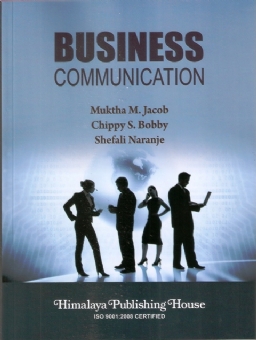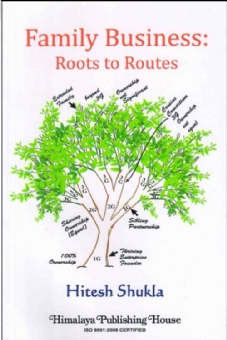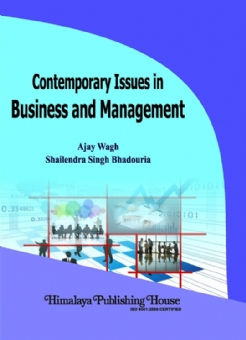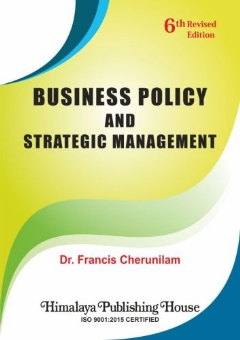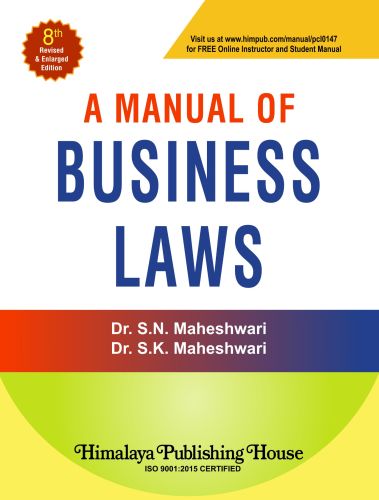Globalisation and the emergence of new technologies has caused an increase in the importance of communication.
What encompasses ‘Business Communication’ today has undergone a sea change due to the emergence of a highly competitive business environment and very different working conditions. The challenges that face business communication today are multifarious and strikingly different than what they were a couple of years ago. But if that has made us better communicators is a question that needs to be answered. Business Communication continues to be important, as business today, more than ever demand that managers be effective communicators. With a dazzling array of communication modes and channels available, we still land up being a ‘cofused communicator’.
The traditional topics that have been at the core of the Business Communication curriculum still continue to be important in the current work environment. These prominently include models of communication, communication at workplace, business ethics, barriers to communication, listening, writing a job application, business letters and commercial terms used in business communication. These traditional areas need to be supplemented with more relevant topics such as technology enabled communication, business etiquette keeping in view global communication, communication with the media, organising events, seminars, press conferences, etc. and, importantly, all this needs to be a part of Business Communication Syllabus.
The detailed need analysis that has gone into the selection of topics for this book provides it a competitive edge. It is expected that this book will be useful to students of B.Com. and will serve as a textbook of Business Communication as it is written in simple, everyday language so that even the students with non-English background can learn and improvise on his communication and employability skills.
Contents –
Unit 1 : Theory of Communication
1. Concept of Communication
2. Impact of Technology Enabled Communication
3. Communication at Workplace
4. Business Ethics
5. Barriers to Communication
6. Listening
Unit 2 : Business Correspondence
7. Theory of Business Letter Writing
8. Personnel Correspondence
Unit 3 : Language and Writing Skills
9. Commercial Terms
10. Pragraph Writing
Tutorials Activities
Model Question Paper

